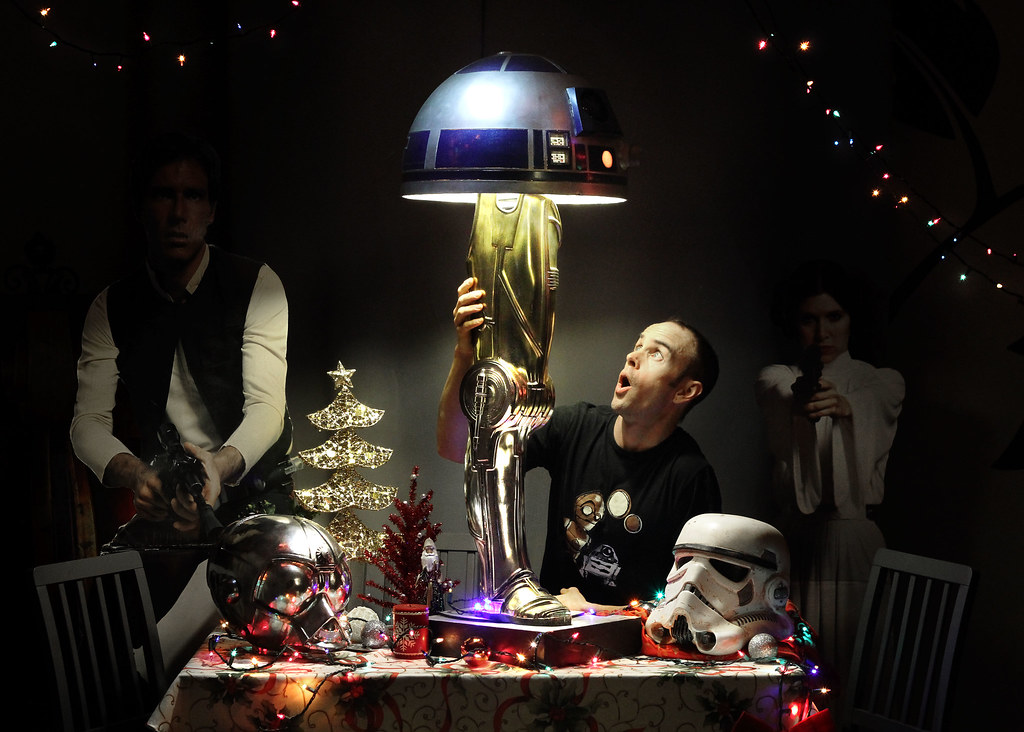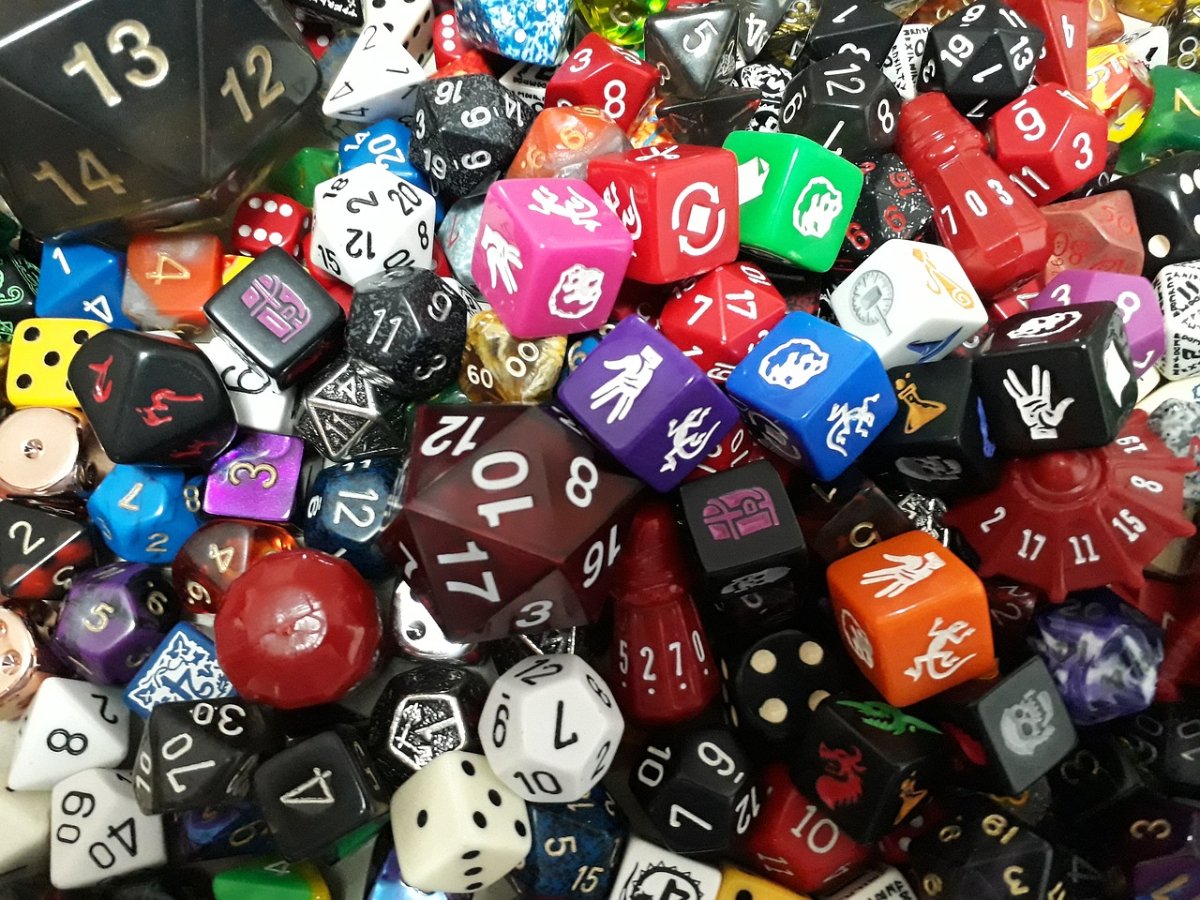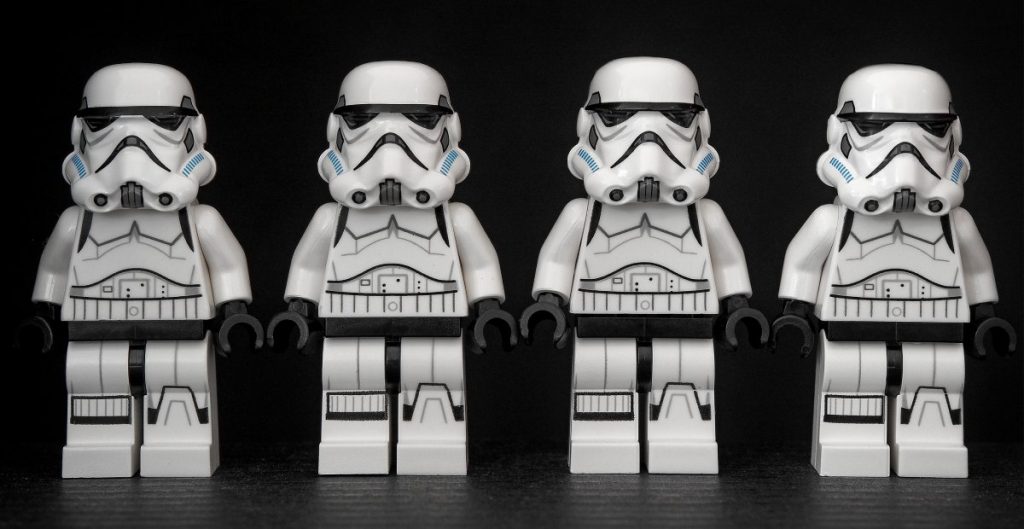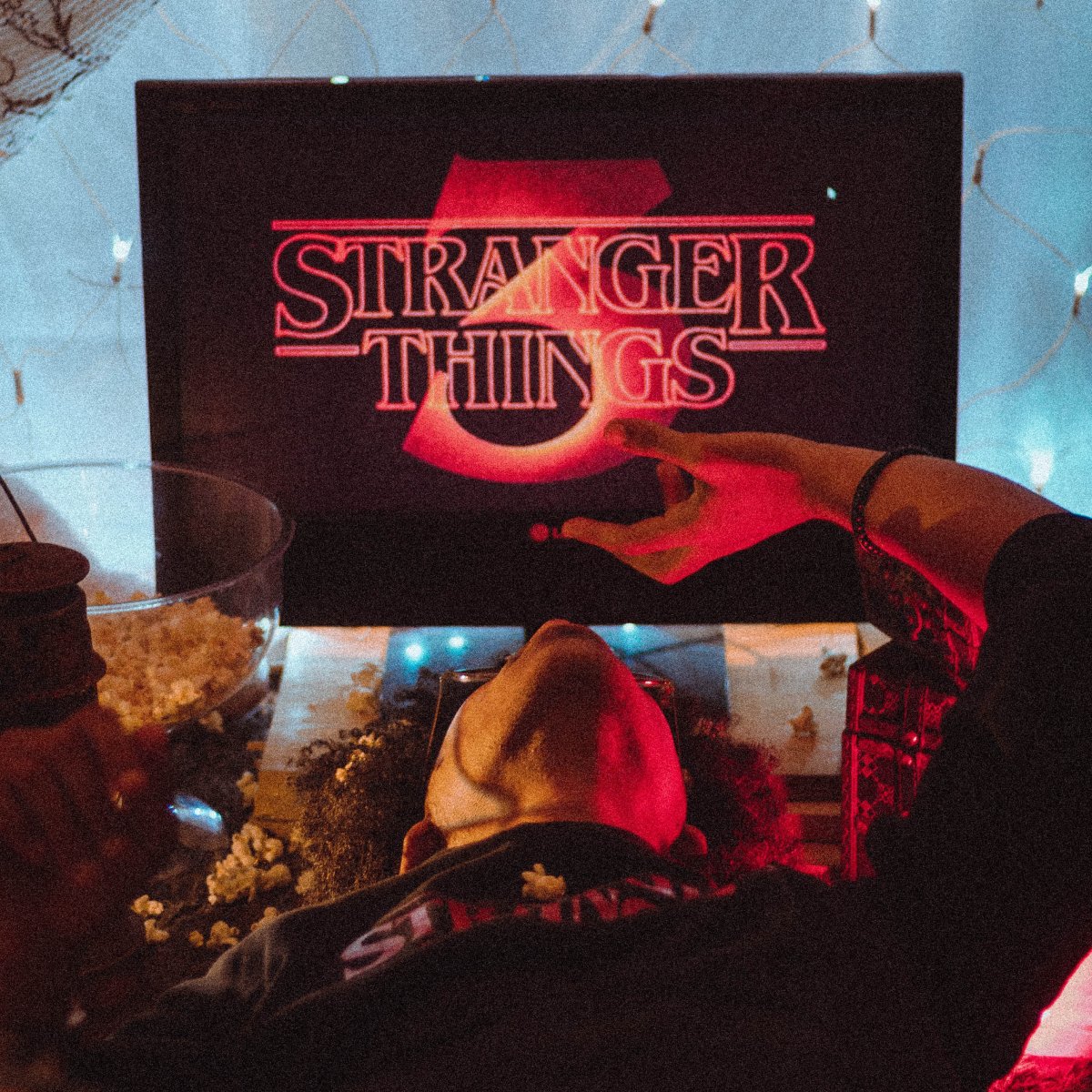Have you ever wondered what merchandise actually means? Or what the difference is between merchandise, products, and goods? Are they all the same thing, only with different names? Or is there an important distinction between the three? In this article, we will clearly define what each term refers to, including a few examples of quality merchandise. Read on if you’d like to learn more.
What does merchandise mean?
So, what does merchandise mean? There are several different definitions of the word, each relating to the “goods and products”, but there is an important distinction.
In particular, merchandise refers to branded products that are used to promote a film / franchise, or is linked to a fictional character.
Merchandise can also be branded products that are linked to businesses as well. For example: your favourite marketing brand might have its own merchandise available, such as t-shirts, hoodies, and keyrings.
In this case, we are referring to, specifically, branded products that relate to and advertise a franchise.
What are examples of merchandise?

What are some great examples of merchandise? Let’s look at merchandise both from a franchise and branding perspective…
For franchises, some great examples include:
- Harry Potter handbags
- Stranger Things / Dungeons and Dragons Dice
- Star Wars lamps
- Ghost Busters T-Shirts
- Overwatch Caps
- Naruto Wallets
- Jurassic Park playing cards
- Black Panther Money Bank Busts
- Batman Backpacks.
For brands and businesses, merchandise examples include:
- Gadgets (branded phone chargers, etc.)
- Stationary (pens and pencils with company logo)
- Hoodies and t-shirts
- Clothing accessories like gloves and hats
- Etc.

For brands and businesses, merchandise is effective at increasing brand awareness, loyalty, and ultimately winning points with potential and existing customers.
As for franchises like Star Wars, Harry Potter, or The Lord of the Rings, merchandise is all about promoting the franchise, but for the customer – is more about building a collection.
Some people collect merchandise for pleasure – for the love of building a collection. Others collect merchandise for the sole purpose of selling their collections for a huge profit in the future.
You’d be amazed by how much money certain Star Wars collectibles have been sold for at auction in the past!
What is the difference between merchandise, products, and goods?

So, what is the difference between merch, products, and goods? First, let’s define all three of the words, and then we can explore the distinctions:
- Merchandise: branded products used to promote a film, pop group, etc., or linked to a fictional character; merchandising.
- Product: an article or substance that is manufactured or refined for sale.
- Goods: merchandise or possessions / things to be transported, as distinct from passengers.
So, in conclusion, merchandise refers to products that are branded for the purpose of promoting something – typically a brand or franchise.
A product is an article or item that has been manufactured for sale.
Technically, merchandise is a broader term for individual products relating to a specific brand or franchise.
And goods can refer to both merchandise and products, typically when being transported from one destination to another.
Why do people love collecting merchandise so much?

There are a number of reasons why people love collecting merchandise. We’ve mentioned the first two above (for the love of the franchise and making a profit), but there’s more to our enthusiasm for collecting things than meets the eye, for example:
- The social aspect: many collectors love interacting with other fans of their favourite franchise. They may even swap items to bolster their collections together.
- The competitive challenge: it’s not uncommon for collectors to browse flea markets and garage sales to try and find some rare collectibles that can fetch a pretty penny!
- Recognition: some people love collecting merchandise from their favourite franchises for the glory and recognition!
- The desire for control: there’s a lot in life that is completely out of our hands. Some people find collecting merchandise very cathartic as it is one thing that they have full control over.
- Nostalgia: franchises like Star Wars and Harry Potter (to name a few) have had a very powerful impact on many of our lives. For some people, the nostalgia of collecting merchandise brings them great joy and comfort. When life throws so many challenges at us, sometimes it’s nice to have a little escapism.
The 5 types of merchandising
There are five different types of merchandising, such as:
- Product merchandising: product merchandising refers to the use of all promotional activities that a business practices in order to boost the sales of both its physical and digital products. E.g., a product display unit with clever branding that flaunts your merchandise.
- Retail merchandising: retail merchandising refers to specific products that are displayed in a physical store, pop-up store, flea market, and makeshift sales booths.
- Visual merchandising: visual merchandising refers to the various display techniques and strategies used to exhibit the goods and services of a business. Visual merchandising is all about the way that a store is laid out, including window exhibits, lighting, and colour schemes that accurately promote a certain product or franchise.
- Digital merchandising: digital merchandising refers to the marketing strategies and promotional activities undertaken by businesses in order to promote their products using digital platforms. So for example, a business like Official Geek Merch could create Social Media ads with clever colours, branding, and copy that is designed to promote their merchandise via their website – rather than a physical ad to attract people to their physical store.
- Omni-channel merchandising: omni-channel merchandising combines all of the above with the aim to create a seamless product discovery process across all mediums.
Conclusion
To recap:
- Merchandise: refers to branded products that are used to promote a film / franchise, or are linked to a fictional character.
- Product: refer to an article or item that is manufactured or refined for sale.
Goods: can be used to describe merchandise or possessions / things to be transported, as distinct from passengers.





